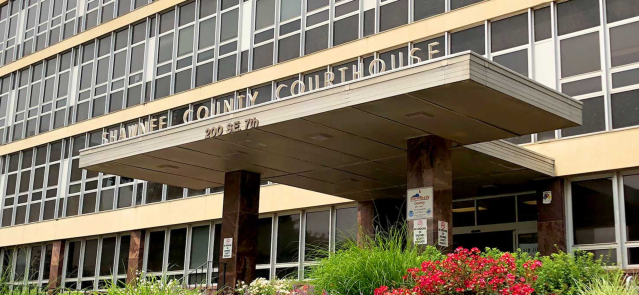Stay ahead of the curve as a political insider with deep policy analysis, daily briefings and policy-shaping tools.
Request a DemoCiscomani Introduces New Effort to Fast Track Construction of Affordable Housing
Southbound SR 87 reopens south of Payson
LUCHA Congratulates Endorsed Candidates on Campaign Efforts & Victories
Gallego, Malliotakis Call on Biden Administration to Condemn Socialist Maduro Regime, Impose Sanctions
Pima County Attorney Laura Conover Wins Second Term
Maricopa County Posts Another Round of Unofficial Results from the 2024 Primary Election
July 31, 2024 (Phoenix, Arizona) – Maricopa County Elections has posted additional unofficial results from early ballots received through Monday, July 29 that were tabulated today.
641,625 ballots are now being reported, which represents 26.52 percent of eligible voters. Over 95,000 early ballots received on Election Day must be signature verified and processed before they are counted, and results updates can be expected daily until every legal ballot is counted. There are also approximately 3,100 ballots that require curing. Election workers continue to process provisional and other ballots that require additional verification before they can be counted. The last day voters can cure a signature issue or provide identification for a conditional provisional ballot is Sunday, August 4, 2024, at 5 p.m. Find Maricopa County’s election results at Results.Maricopa.Vote .Loop 202 Santan Freeway widening project scheduled to start Aug. 9
Kelly, Rounds Introduce Bipartisan Bill to Enhance Consumer Literacy and Confidence in AI
Kansas temporarily stops enforcing impersonating election official law
Kansas has agreed to temporarily stop enforcing its impersonating an election official law, clearing the air for groups that said they feared accidentally committing a crime when helping people register to vote.
Shawnee County District Court Judge Teresa Watson granted the temporary injunction this week after the parties reached an agreement, which calls for a status conference to take place after the election in November.
“This will allow the parties to focus on preparing for the coming election and to confer regarding a joint proposal to the court for resolving any remaining issues in this litigation,” the agreement said.
The League of Women Voters of Kansas, Loud Light, Kansas Appleseed Center for Law and Justice, and the Topeka Independent Living Resource Center filed a lawsuit in 2021 against Secretary of State Scott Schwab and Attorney General Kris Kobach.
In 2021, the Legislature passed a bill that made it a felony for people to represent themselves as an election official. The contested portion of the law says it’s illegal to engage in conduct that “gives the appearance” or “would cause another person to believe” someone is an election official.
On May 31, the Kansas Supreme Court reversed the Shawnee County court’s decision not to grant an injunction, ordering the lower court to reconsider the request. The Supreme Court unanimously ruled the plaintiffs had a “substantial likelihood” of prevailing.
Representatives mentioned after the May ruling that volunteers limited their assistance because of the law’s vagueness.
Loud Light on X celebrated the temporary injunction that ended “1,125 days of unconstitutional voter suppression.”
“We are fired up and ready to register thousands of young Kansans to vote again,” Loud Light President Davis Hammet said Wednesday in a statement. “For 1,125 days, Kansas’ democracy suffered irreparable harm under the Legislature’s most recent voter registration suppression scheme.”
The ruling came after an effort by the Legislature to clarify the rule fell short of a veto override.
House Bill 2618, which would’ve stopped state agencies from accepting certain federal election funds, also would have added intent as an element of the crime of impersonating an election official.
“It clarifies that you have to intend to deceive in order to be guilty of the crime of impersonating an election officer,” Rep. Pat Proctor, R-Leavenworth, said on the House floor in April. “It’s not just based on the perception of the person who thinks you are an election officer.”
Bryan Richardson is the managing editor at State Affairs Pro Kansas/Hawver’s Capitol Report. Reach him at [email protected] or on X @RichInNews.

